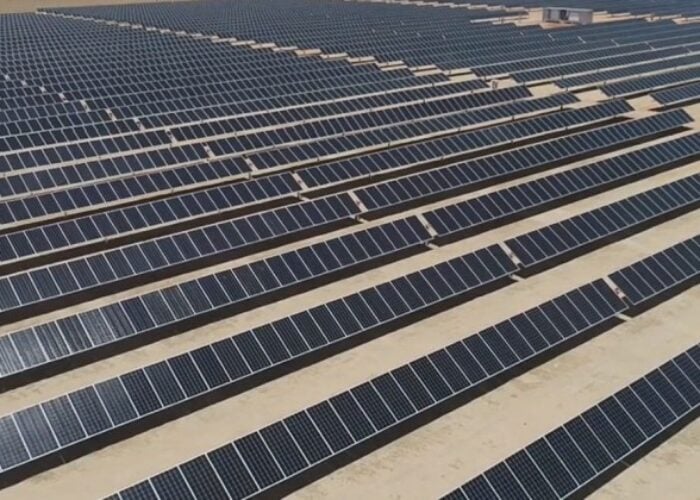
US regional energy utility Duke Energy has received approval for its resource plan for North and South Carolina from the North Carolina Utilities Commission (NCUC).
The “Carolinas Resource Plan” is Duke Energy’s proposal for its two-state energy system which connects the Carolinas. Having been approved by the NCUC “in its entirety”, Duke said, the plan will see the utility build multiple gigawatts of solar PV, energy storage and gas-powered capacity over the next six years.
Try Premium for just $1
- Full premium access for the first month at only $1
- Converts to an annual rate after 30 days unless cancelled
- Cancel anytime during the trial period
Premium Benefits
- Expert industry analysis and interviews
- Digital access to PV Tech Power journal
- Exclusive event discounts
Or get the full Premium subscription right away
Or continue reading this article for free
3,460MW of new solar PV capacity will be added, bringing Duke Energy’s total operational capacity to 6.7GW by 2031. The firm’s Integrated Resource Plan (IRP), which it submitted to the NCUC in August 2023, outlined a plan for 6GW of solar capacity in North Carolina by the same date.
It will also build 1.1GW of battery energy storage system (BESS) capacity, bringing the total to 2.7GW by 2031, and 1.2GW of offshore wind by 2033.
In addition to renewable energy expansions, the Carolinas Resource Plan will see Duke Energy build over 5.6GW of gas-powered plants by 2033. The company’s announcement listed the capacity as two new Combustion Turbines worth 900MW (in addition to the 800MW already planned in 2022), and 2,720MW of new Combined Cycles, another type of gas-powered plant, in addition to 1.2GW already planned in 2022.
The order also pushed back the date at which Duke Energy must reach 70% carbon emissions reduction from 2030 to 2032, calling on it only to “continue pursuing “all reasonable steps” to achieve 70% carbon reduction by the earliest possible date.” Duke did not specify what those steps are.
It also contains plans for a hydropower plant at Bad Creek, North Carolina and a US$440 million request to cover development costs seeking to develop 300MW of nuclear power capacity by 2034 and 600MW by 2035.
In its statement following the NCUC approval, Duke Energy said: “We believe this is a constructive outcome that allows us to deploy increasingly clean energy resources at a pace that protects affordability and reliability for our customers.
“The order confirms the importance of a diverse, ‘all of the above’ approach that is essential for long-term resource planning and helps us meet the energy needs of our region’s growing economy. We look forward to thoroughly reviewing the NCUC order and incorporating it into our future resource planning.”
Duke Energy operates a regulated monopoly in the Carolinas. This means that it has extensive, and in some cases complete, control over the supply of energy and power to customers in the two states.
In 2023, the company sold its commercial utility-scale solar business (which would have been subject to market competition in other regions) to Canadian private investment firm Brookfield Renewables. PV Tech Premium was told that by shifting focus to its regulated monopoly markets, Duke Energy was de-risking its profits and consolidating those markets.
According to US based energy watchdog organization the Energy & Policy Institute, Duke Energy emits more carbon pollution than any other US utility.






